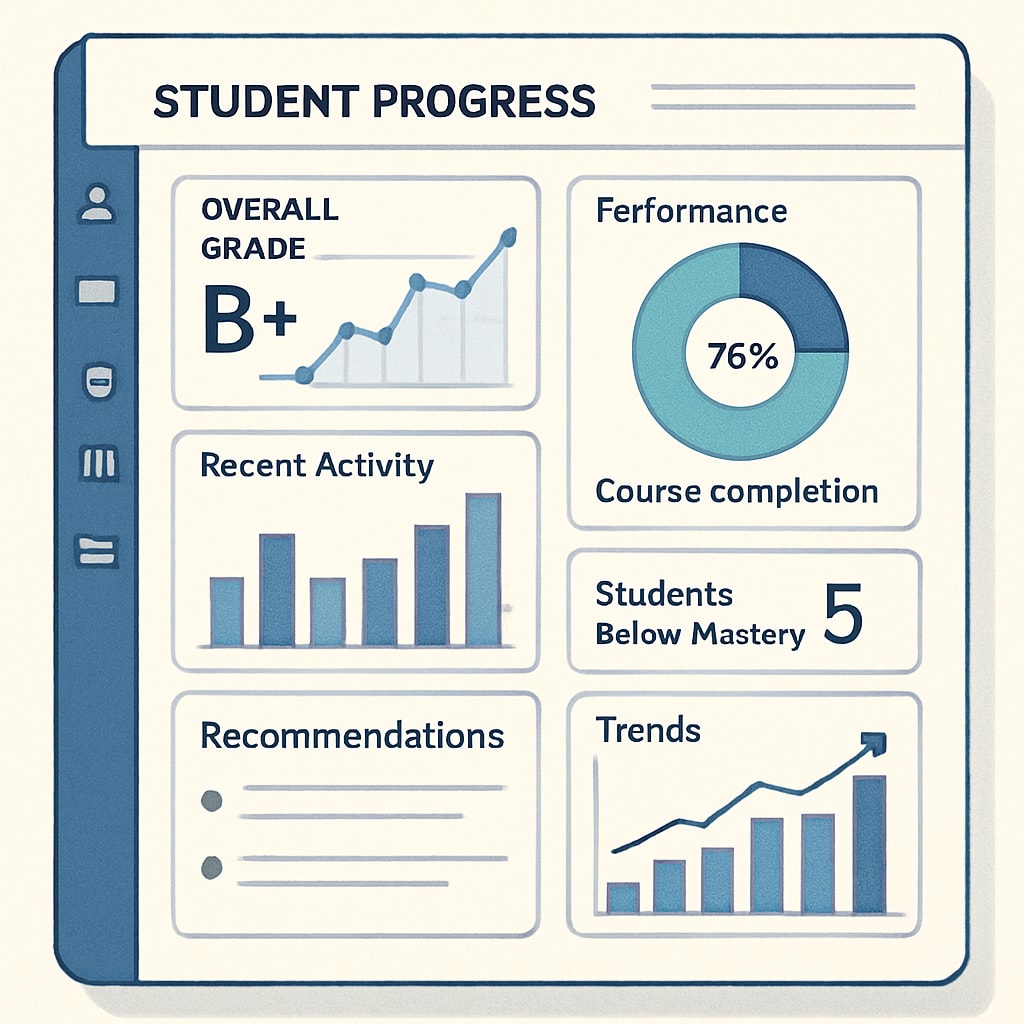In recent years, the integration of AI-driven productivity applications into K12 education has brought transformative changes. By leveraging AI feedback and deep progress tracking, educators can tailor teaching methods to individual students’ needs while improving overall learning efficiency. These innovations not only enhance the teaching experience but also pave the way for a more personalized and inclusive educational environment.
Transforming Education with AI Feedback
Feedback is an essential aspect of the learning process, and AI technologies have elevated its potential. AI-driven systems analyze students’ performance in real-time, offering actionable insights and recommendations for improvement. For instance, adaptive learning platforms utilize algorithms to assess areas where a student struggles and provide targeted exercises to address those weaknesses.
Moreover, AI feedback systems go beyond traditional grading. They provide instant, detailed explanations for errors, encouraging students to learn from their mistakes. As a result, learners develop a deeper understanding of the subject matter while fostering critical thinking skills. Teachers, on the other hand, benefit from automated grading tools, freeing up time for more meaningful interactions with students.

Deep Progress Tracking: A Revolution in Student Monitoring
Progress tracking is another area where AI is reshaping K12 education. Unlike conventional methods that rely on periodic assessments, AI-driven tracking systems continuously monitor students’ development. These systems utilize data analytics to identify trends, predict outcomes, and suggest interventions when necessary.
For example, an AI-powered application might highlight a student’s declining performance in mathematics over a month, prompting teachers to address the issue before it becomes critical. Additionally, progress tracking tools can create individualized learning paths, ensuring each student progresses at their own pace. This level of customization is particularly beneficial for students with diverse learning needs, such as those requiring special education services.

Benefits for Teachers and Students
The integration of AI feedback and progress tracking into educational settings offers numerous advantages:
- Personalized Learning: Students receive tailored resources and strategies, optimizing their learning experience.
- Efficiency: Automated feedback and progress tracking reduce administrative burdens for teachers.
- Data-Driven Decisions: Educators can make informed decisions based on comprehensive analytics.
- Equity: AI tools help bridge educational gaps, ensuring all students have access to quality learning opportunities.
However, it is essential to address challenges such as data privacy and the potential over-reliance on technology. Educators and policymakers must ensure that AI tools complement, rather than replace, traditional teaching methods.
The Future of Educational Technology
As AI continues to evolve, its applications in education will likely expand further. Emerging technologies such as natural language processing (NLP) and machine learning could enhance communication between students and AI systems, making interactions more intuitive. Additionally, augmented reality (AR) integrated with AI could create immersive learning environments that simulate real-world scenarios.
In addition, collaboration between educators, AI developers, and academic researchers will play a crucial role in shaping the future of EdTech. By focusing on ethical use, inclusivity, and continuous improvement, AI-driven productivity applications can transform education into a dynamic, adaptive, and equitable system.
Conclusion: AI feedback and deep progress tracking are redefining K12 education, offering unparalleled benefits for both students and teachers. While challenges remain, the potential for these technologies to create personalized and efficient learning environments is undeniable. As we move forward, thoughtful implementation and collaboration will be key to unlocking the full potential of AI in education.


